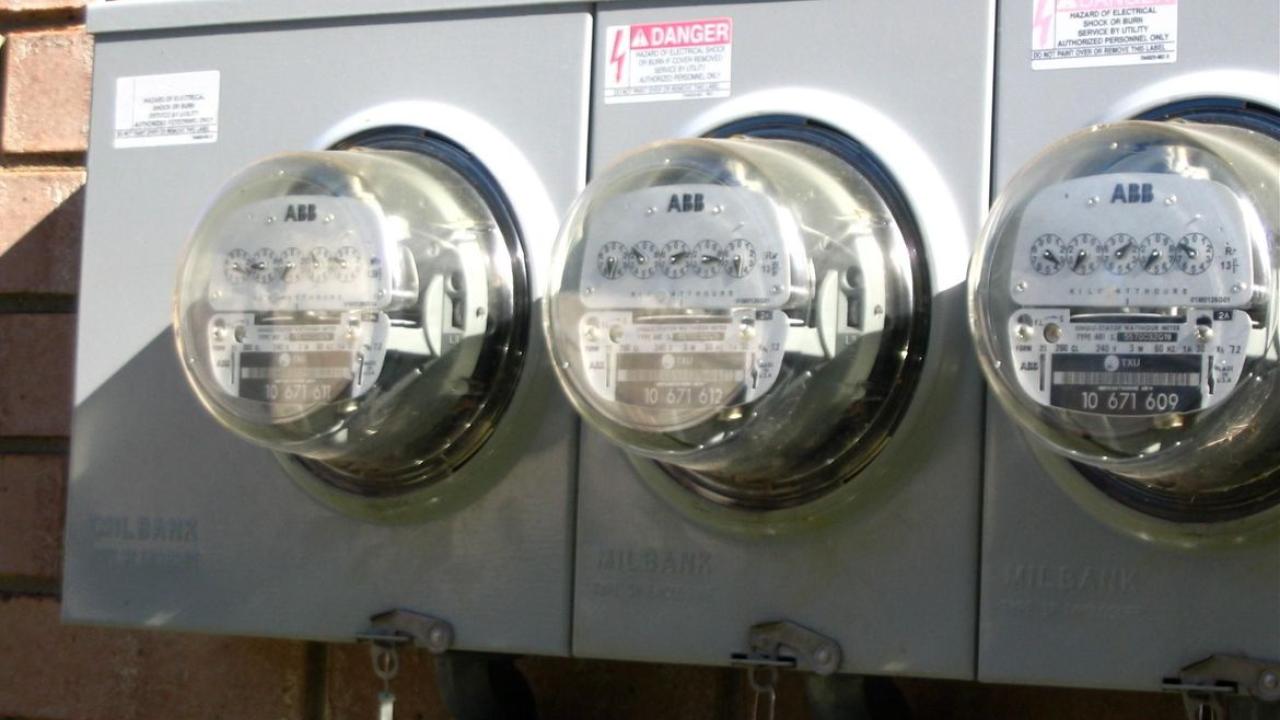A new study co-authored by UCLA researchers showed that while California spends $1 billion per year on programs subsidizing energy-efficiency programs, most have not resulted in energy savings. In fact, many led to increased consumption.
The study included extensive analysis of data from Southern California energy customers in an area eligible for 24 programs and served by SoCal Edison. Some programs were extremely successful — pool pump upgrades led to 12.7% energy savings and installing efficient refrigerators led to 6.2% energy savings. However, a majority of programs led to no change or an increase in energy usage. This included household appliance programs which promoted the installation of new washers and dryers.
Stephanie Pincetl, co-author of the study, stated that part of the problem may be Jevons paradox. This is a phenomenon that occurs when innovation or policy improves efficiency and therefore leads to increased consumption. “People think they can increase consumption without increasing their bills, so they use more,” said Pincetl.
Another potential explanation for why the incentive programs are not working is that actual energy savings generated fall short of manufacturer estimates, what are the numbers the state uses when planning incentive programs. “The engineering estimates tend to rely on the technical capability of the appliance rather than how people use it,” said Magali Delmas, another co-author and UCLA environmental economist. “The human behavior part of the equation is really important.”
The paper’s authors recommend various ways to improve these energy programs. Such proposals include increasing accessibility for renters and disadvantaged communities, which tend to have older and less energy-efficient buildings. Additionally, policies should be based on usage statistics rather than engineering estimates.
Learn more about the study at UCLA Newsroom.
Study Authors
Magali A. Delmas, Director UCLA California Center for Sustainable Communities, UCLA Institute of the Environment and Sustainability, UCLA Anderson School of Management
Stephanie Pincetl, UCLA Institute of the Environment and Sustainability
Yating Chuang, National Taipei University Department of Economics
Image Source: Monty Dickerson/Pixnio





